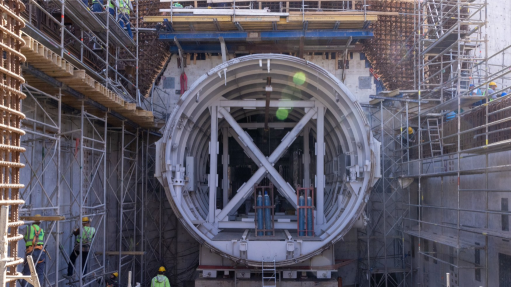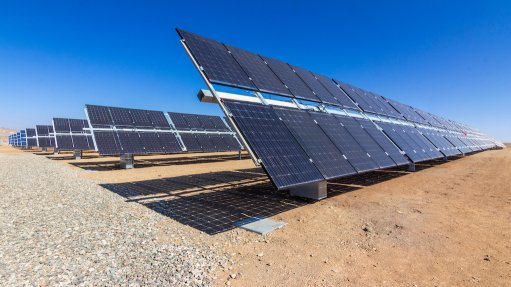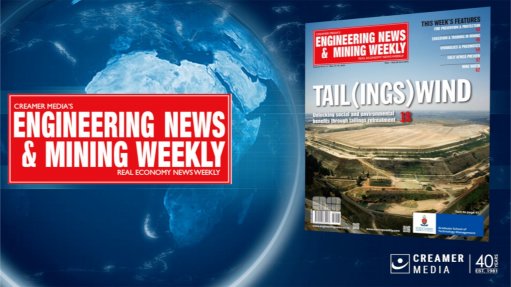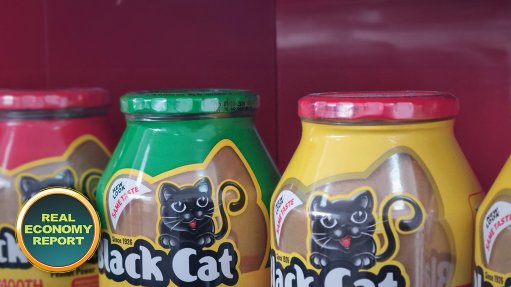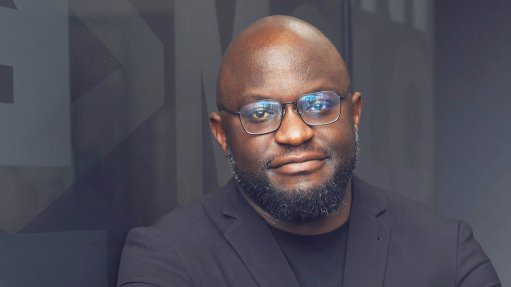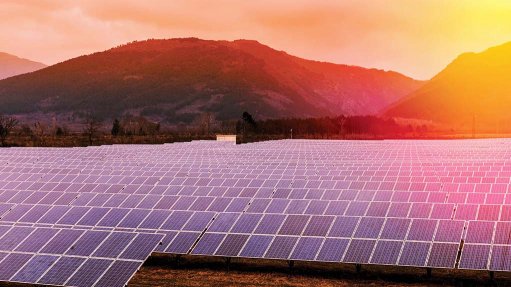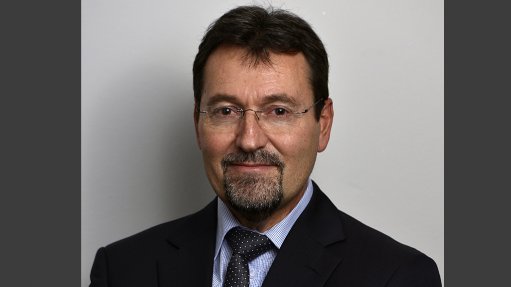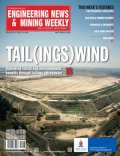Whither Zimbabwe?
It could be back to the future for Zimbabwe, where many had set great store by the general elections held on July 30, which returned the governing Zanu-PF and its Presidential candidate, Emmerson Mnangagwa, to power.
Mnangagwa had been interim head of State since the November 2017 ouster of Robert Mugabe in an army-led operation that even some perceived to be the paragons of democracy have hesitated to call a coup d’état. Granted, Mugabe was an Idi Amin of our time and every Zimbabwean was yearning for the day when he or she would see his back. But, in my book, getting the army to pressure him to leave office was definitely not on.
On assuming the reins of power, Mnangagwa embarked on a charm offensive intended to woo foreign investors back to a country where unemployment has reached stratospheric levels. Many other symptoms of a dysfunctional economy abound: banks with no cash, a crippling shortage of foreign currency to import consumables and other goods, hospitals with inadequate medicines and a massive brain drain. “Zimbabwe is open for business” became Mnangagwa’s signature mantra and more than a handful of well-heeled foreigners have been bowled over, with some pledging to pour their dollars into the country. These include the likes of South African information technology billionaire Robert Gumede and the Pouroulis family, which is planning a $4.2-billion platinum investment in the country.
But Mnangagwa was acutely aware that, having been propelled to the Presidency by his supporters in the military, he lacked legitimacy. This was an albatross around his neck and only free, fair and credible elections would remove it. Indeed, the Americans did not mince their words when he tried his “Zimbabwe is open for business” line: US sanctions, imposed in the early 2000s, when Mugabe began to go rogue, would remain firmly in place until Mnangagwa made good his pledge to hold elections that conform to democratic norms. This is why, in a major departure from the Mugabe era, the Americans, the British and everyone else who wanted to observe the July 30 elections were not barred.
As readers of this column would know, the opposition has rejected the outcome of the elections and will be approaching the courts for redress. While they do not have the sympathy of the Southern African Development Community, the Common Market for Eastern and Southern Africa and the African Union – whose observer missions were unequivocal in endorsing the elections as free and fair – observers from other parts of the world are singing a different tune altogether.
The European Union’s observers have characterised the electoral ‘playing field’ as uneven, pointing to State media bias against the opposition, voter intimidation and the use of State resources by the ruling party during campaigning. But they have hastened to add that their pronouncement is preliminary, with a comprehensive report to follow. The UK government has pretty much echoed these concerns, while the US has stated that it is still studying data collected by its own observers and third parties before it reveals its stance. But, reading between the lines, one gets the sense that the Americans agree that, besides playing on an uneven field, the Movement for Democratic Change Alliance was also a victim of electoral fraud. Should this become the official position, then Mnangagwa’s push to attract foreign investors would be dead in the water. And that means no end in sight to spending hours on end in a queue just to withdraw $20 dollars from an ATM. That’s the maximum the damn machines will dispense to a customer per day. And young graduates will continue to be subjected to the indignity of selling airtime vouchers on the streets of Harare and other urban centres because jobs are simply not there. Many of them, no doubt, will leave the country to take up menial jobs in neighbouring countries.
A major worry is that, should the Westerners come to the conclusion that Zanu-PF is indeed guilty of the malfeasance the opposition is alleging it perpetrated and decide to hold back their dollars, Mnangagwa might be tempted to resort to Mugabe’s oppressive modus operandi, as he would have nothing to lose.
Comments
Press Office
Announcements
What's On
Subscribe to improve your user experience...
Option 1 (equivalent of R125 a month):
Receive a weekly copy of Creamer Media's Engineering News & Mining Weekly magazine
(print copy for those in South Africa and e-magazine for those outside of South Africa)
Receive daily email newsletters
Access to full search results
Access archive of magazine back copies
Access to Projects in Progress
Access to ONE Research Report of your choice in PDF format
Option 2 (equivalent of R375 a month):
All benefits from Option 1
PLUS
Access to Creamer Media's Research Channel Africa for ALL Research Reports, in PDF format, on various industrial and mining sectors
including Electricity; Water; Energy Transition; Hydrogen; Roads, Rail and Ports; Coal; Gold; Platinum; Battery Metals; etc.
Already a subscriber?
Forgotten your password?
Receive weekly copy of Creamer Media's Engineering News & Mining Weekly magazine (print copy for those in South Africa and e-magazine for those outside of South Africa)
➕
Recieve daily email newsletters
➕
Access to full search results
➕
Access archive of magazine back copies
➕
Access to Projects in Progress
➕
Access to ONE Research Report of your choice in PDF format
RESEARCH CHANNEL AFRICA
R4500 (equivalent of R375 a month)
SUBSCRIBEAll benefits from Option 1
➕
Access to Creamer Media's Research Channel Africa for ALL Research Reports on various industrial and mining sectors, in PDF format, including on:
Electricity
➕
Water
➕
Energy Transition
➕
Hydrogen
➕
Roads, Rail and Ports
➕
Coal
➕
Gold
➕
Platinum
➕
Battery Metals
➕
etc.
Receive all benefits from Option 1 or Option 2 delivered to numerous people at your company
➕
Multiple User names and Passwords for simultaneous log-ins
➕
Intranet integration access to all in your organisation






